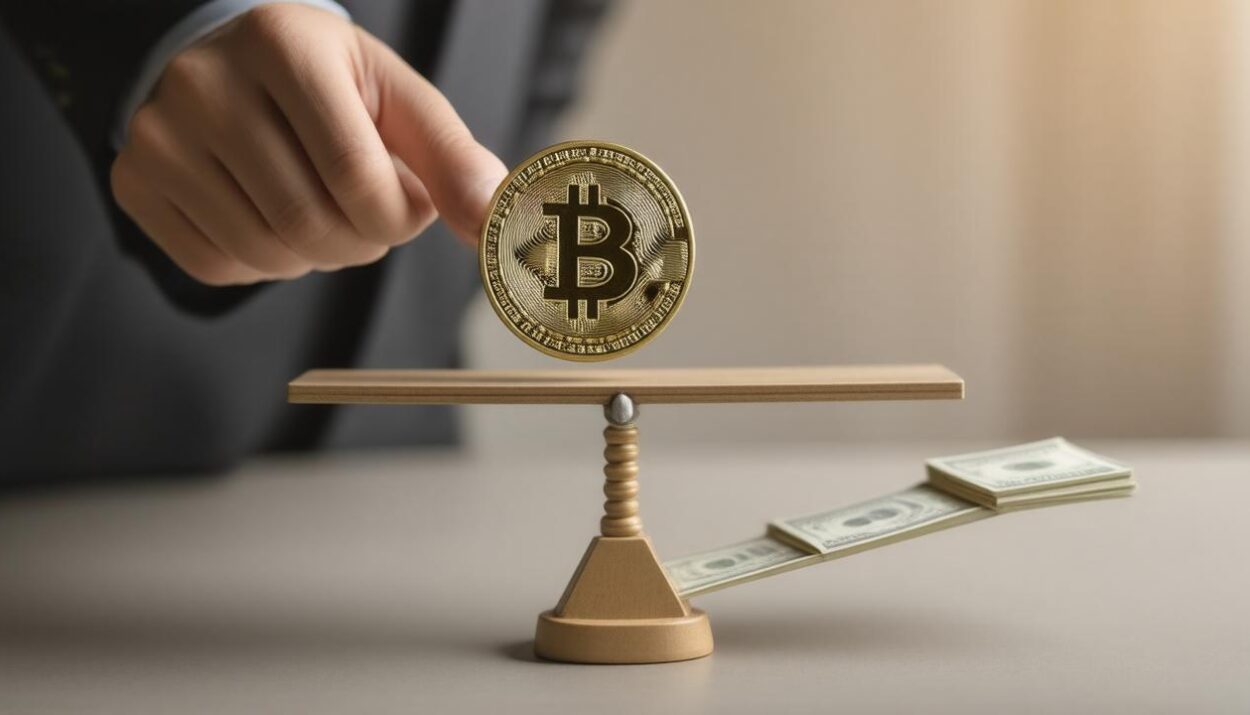El Salvador’s Bitcoin Gamble: A Risky Bet with Mixed Results
El Salvador is on the verge of finalizing a $1.3 billion loan deal with the International Monetary Fund (IMF), which may bring significant changes to its Bitcoin legal tender law. The Central American country, which adopted Bitcoin as legal tender in 2021, may need to reconsider its stance on the cryptocurrency to secure the funding.
A Bold Gamble
In 2021, El Salvador became the world’s first country to adopt Bitcoin as legal tender under the leadership of President Nayib Bukele. The move was met with skepticism from global financial institutions, including the IMF, which flagged “large risks associated with the use of Bitcoin on financial stability, financial integrity, and consumer protection.”
Mixed Results
The adoption of Bitcoin has delivered mixed outcomes for El Salvador. On one hand, the move generated global headlines, attracted crypto enthusiasts, and bolstered Bukele’s image as a disruptor. Bitcoin’s price surge to over $100,000 this year has also boosted the value of the country’s cryptocurrency reserves.
However, for many Salvadorans, Bitcoin hasn’t quite lived up to its expectations. A survey from Francisco Gavidia University in San Salvador found that only 7.5% of the 1,224 participants actually use Bitcoin for transactions.
Details on IMF Deal
The IMF loan deal would lead to changes in El Salvador’s Bitcoin policy, removing requirements for businesses to accept Bitcoin as a legal tender and making these payments optional. The government has also agreed to cut its budget deficit by 3.5% of GDP over the next three years, fight corruption, and increase foreign reserves from $11 billion to $15 billion.
The approval timeline is still uncertain, and it’s unclear if the changes mentioned above will be enough. However, the IMF loan could lead to another $1 billion from the World Bank and $1 billion from the Inter-American Development Bank, helping the country rejoin global financial markets.
Economic Revival Amid Controversy
Bukele has maintained strong domestic support, buoyed by a sharp drop in crime rates following his crackdown on violent gangs. His re-election earlier this year with 85% of the vote might reflect his popularity, though his administration has faced criticism abroad for alleged human rights violations and corruption.
Bitcoin’s Surge to $100k
Bitcoin’s price surge has definitely played its role in softening criticism of El Salvador’s crypto gamble. The crypto’s value boost provided a windfall for the government, helping to bolster reserves and partially vindicating Bukele’s strategy of buying Bitcoin during market dips.
However, the country’s broader economy remains fragile. With GDP growth slowing and public debt elevated, analysts caution that Bitcoin’s gains alone might not be enough to resolve structural economic challenges.
Tips for investors:
- Monitor the IMF loan deal and its implications for El Salvador’s Bitcoin policy.
- Keep an eye on Bitcoin’s price movements and their impact on El Salvador’s economy.
- Consider the risks and benefits of investing in Bitcoin and other cryptocurrencies.
For more news on Bitcoin and the cryptocurrency market, visit Global Crypto News.
























